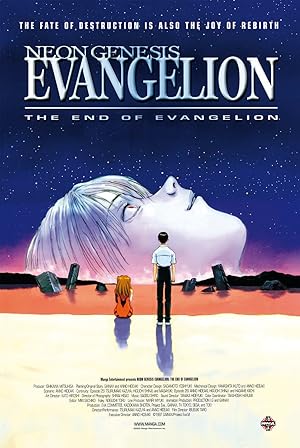Films & Shows from Star Child Recording
Welcome to our dedicated collection of titles produced by Star Child Recording. Renowned for its creative vision, quality craftsmanship, and cinematic innovation, Star Child Recording has contributed some of the most memorable and influential works to the world of film and television. Whether you’re a longtime follower of their productions or discovering their catalogue for the first time, this selection offers a window into the storytelling excellence and artistic flair that define Star Child Recording’s legacy.
Revolutionary Girl Utena: The Movie (1999)
0
In a loose retelling of the Revolutionary Girl Utena TV series, Utena Tenjou arrives at Ohtori Academy, only to be immediately swept up in a series of duels for the hand of her classmate Anthy Himemiya and the power she supposedly holds. At the same time, Utena reunites with Touga Kiryuu, a friend from her childhood who seems to know the secrets behind the duels. Utena must discover those secrets for herself, before the power that rules Ohtori claims her and her friends, new and old.
Neon Genesis Evangelion: The End of Evangelion (1997)
1
SEELE orders an all-out attack on NERV, aiming to destroy the Evas before Gendo can advance his own plans for the Human Instrumentality Project. Shinji is pushed to the limits of his sanity as he is forced to decide the fate of humanity. An alternate ending to the television series "Neon Genesis Evangelion", which aired from 1995 to 1996 and whose final two episodes were controversial for their atypically abstract direction.

